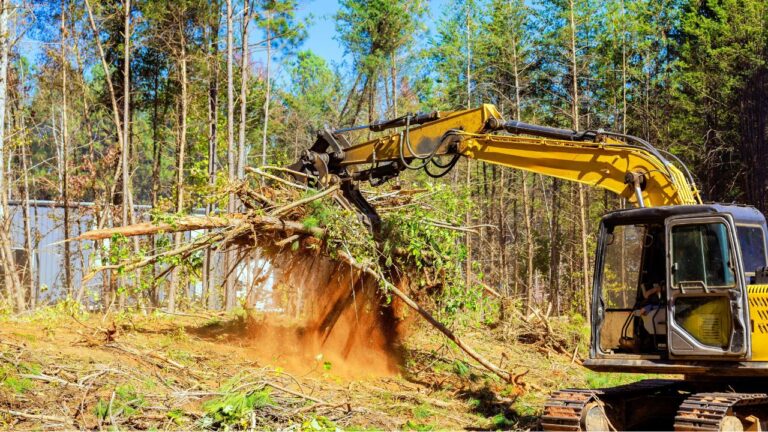10 Things You’ll Regret if You Don’t Walk the Property First
Buying land without walking it first is a gamble—and not a smart one. On paper, it might look perfect. But photos and surveys won’t tell you how steep that hill really is, how soggy that back corner stays, or what’s hiding in that tree line.
Before you commit to a property, boots need to hit the dirt. Here are ten things you’ll only catch by actually walking it yourself.
Uneven Terrain You Didn’t Expect

Maps can’t show you how bumpy, sloped, or awkward a property really is. You won’t know if you’re dealing with washouts, steep drop-offs, or surprise ditches unless you walk it. Terrain like that can wreck your plans for a driveway, barn, or garden placement real fast.
Drainage Problems
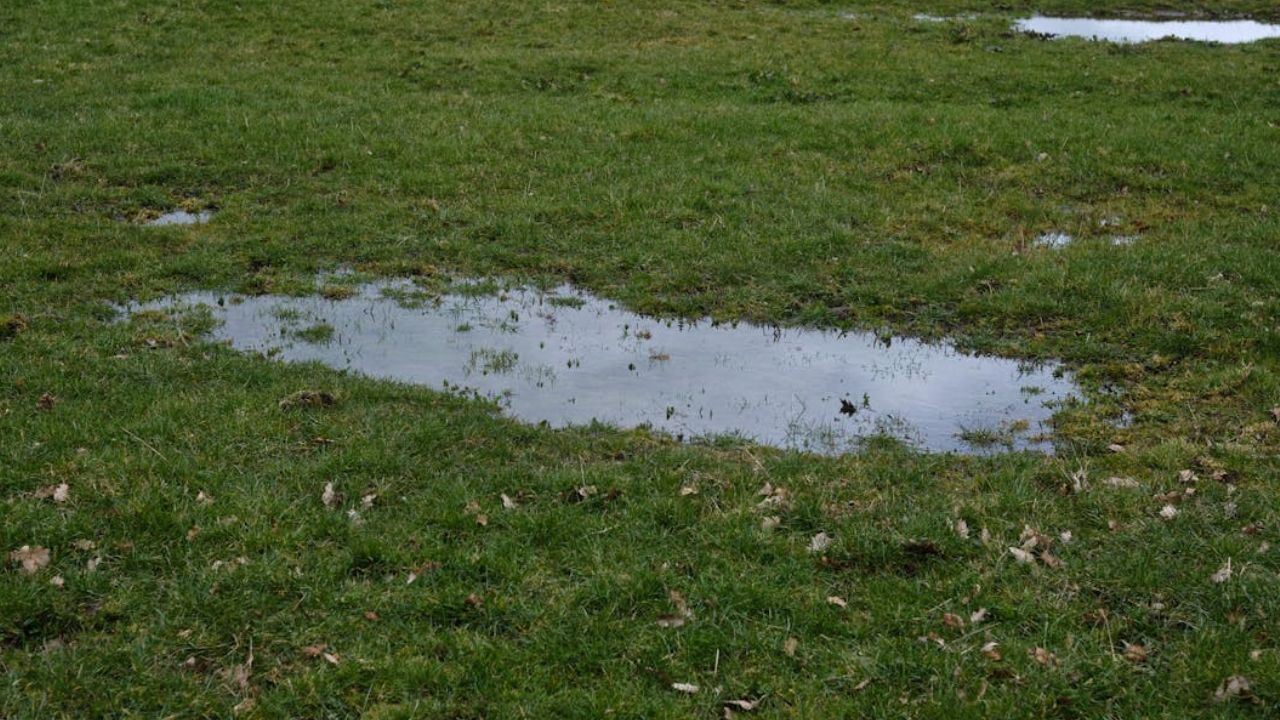
Wet patches, standing water, or moss growing where it shouldn’t be all point to drainage issues. That kind of thing isn’t always obvious unless you’re physically there, especially after a recent rain. Poor drainage can lead to erosion, soggy yards, and foundation headaches.
Easement or Fence Line Confusion
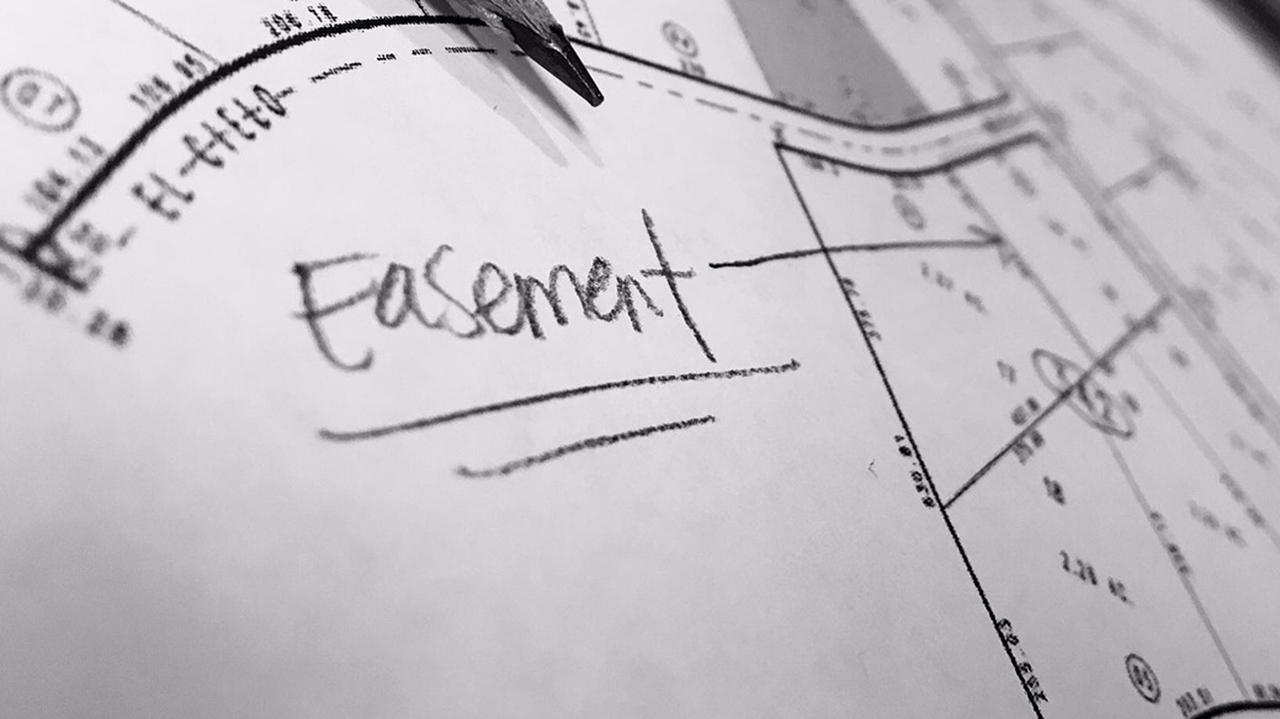
Property lines aren’t always marked clearly, and some fences are flat-out wrong. Walking the land helps you spot potential disputes, mismarked corners, or neighbors encroaching. Don’t trust paperwork alone—get eyes on it.
Low Spots That’ll Always Be a Mud Pit
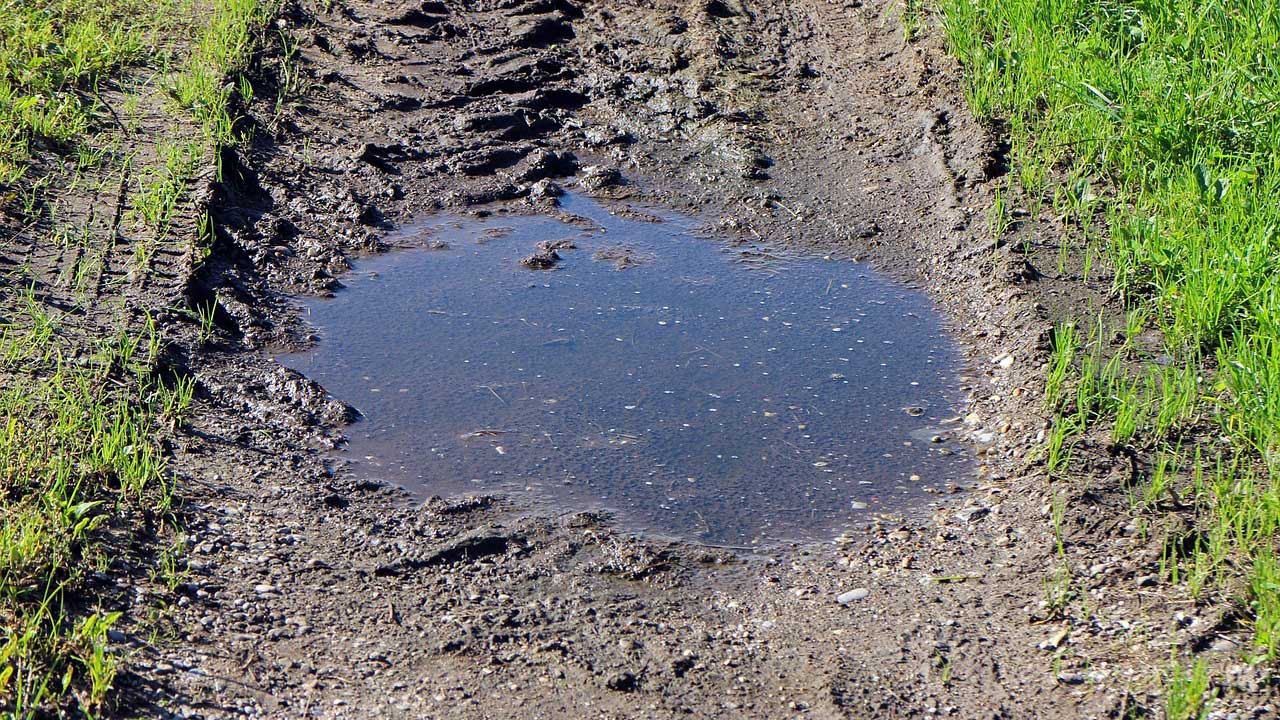
Even if the grass looks healthy, certain areas can turn into a muck mess during the rainy season. You won’t always see that in dry months or drone footage. But if your future barn ends up there, you’ll be fighting that decision for years.
Trees or Brush That’ll Be a Nightmare to Clear
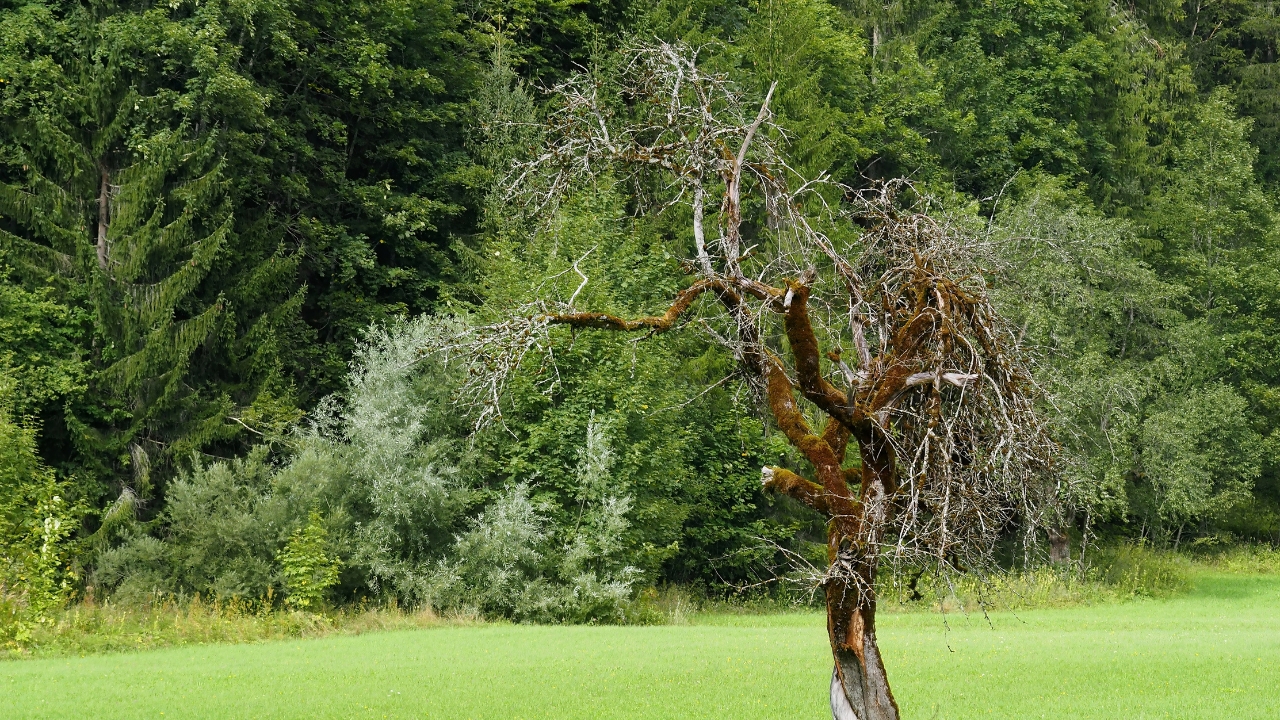
Some “light brush” ends up being full-grown trees or thick thickets that’ll take way more work to clear than you expected. If the seller claims “just a little clearing needed,” don’t believe it until you’ve walked through it yourself.
Old Junk or Burn Piles You Didn’t Know Were There

It’s not uncommon to find broken-down sheds, old car parts, or half-buried trash back in the corners. Some folks hide the mess where buyers are less likely to wander. A walk-through helps you find the spots they hope you’ll skip.
Noise You Didn’t Expect

That peaceful property might sit next to a barking dog kennel, a gun range, or a road that gets heavy truck traffic you didn’t notice at first. Walking the land at different times of day helps reveal what living there will really sound like.
Access Routes That Don’t Work
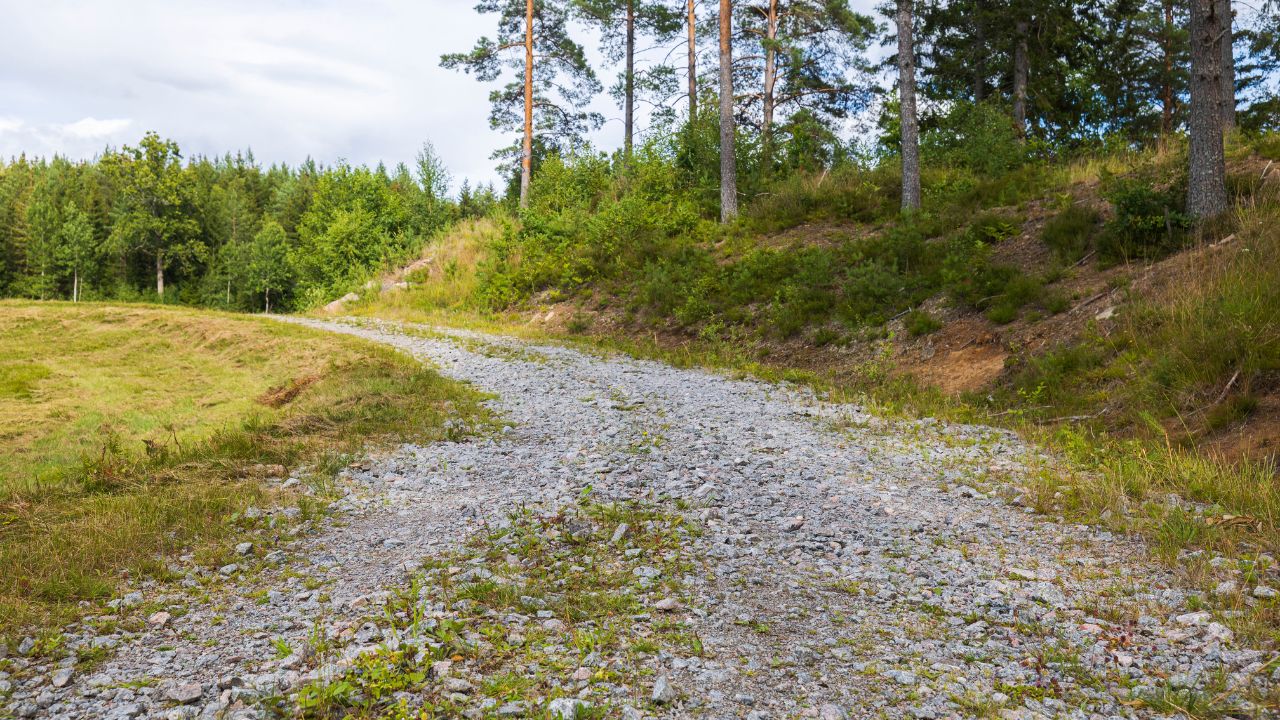
That “driveway” you saw on the map might be more of a washed-out deer trail in real life. If you can’t get a vehicle to the house site without dragging it through mud or scraping trees, you’re in for a rough start.
Weird Smells or Evidence of Animals

Sometimes the land backs up to a chicken farm, a dairy lot, or worse—and you’ll smell it before you ever see it. Other times you’ll find signs of hogs, snakes, or coyotes right where you were planning to build. Always look for tracks, droppings, and burrows while walking.
Places You Fall in Love With That Change Your Plans
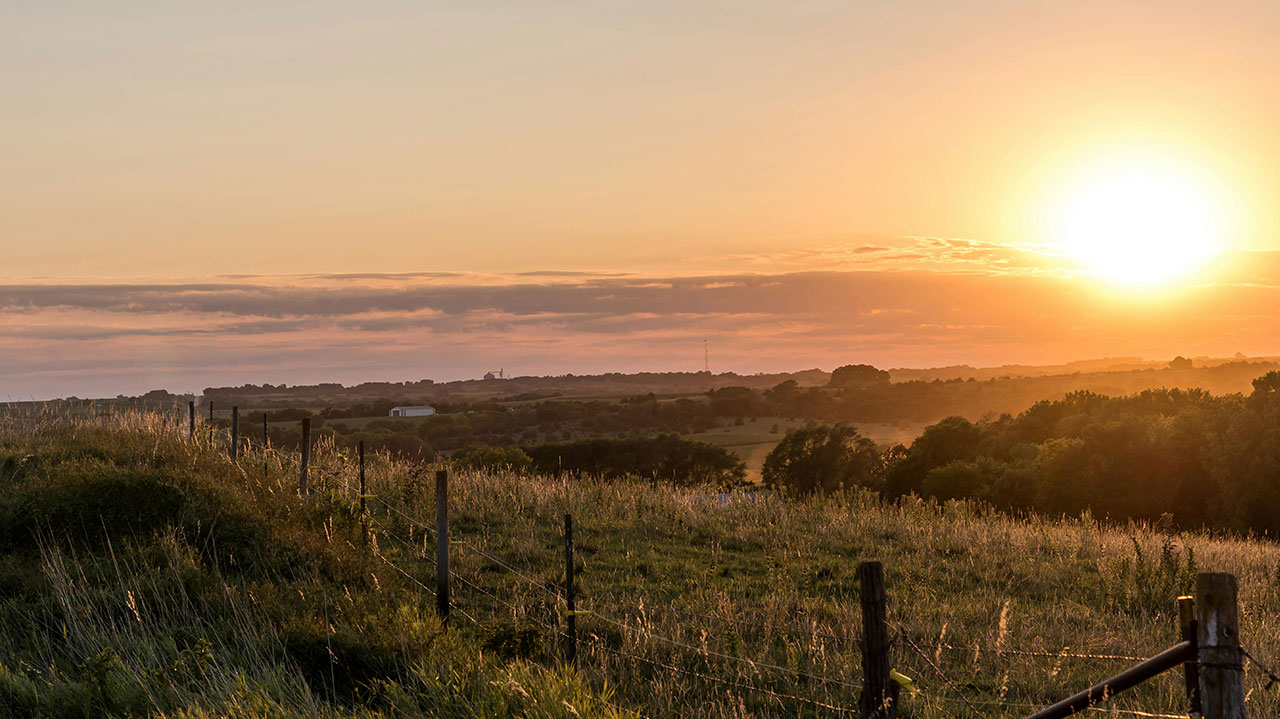
Walking the land helps you visualize real use. You might find a perfect shady spot for a play area, a high hill with a view you want to build on, or a grove of trees that’d make the best hangout. These discoveries can shape how you plan—and save you from regrets later.
*This article was developed with AI-powered tools and has been carefully reviewed by our editors.





